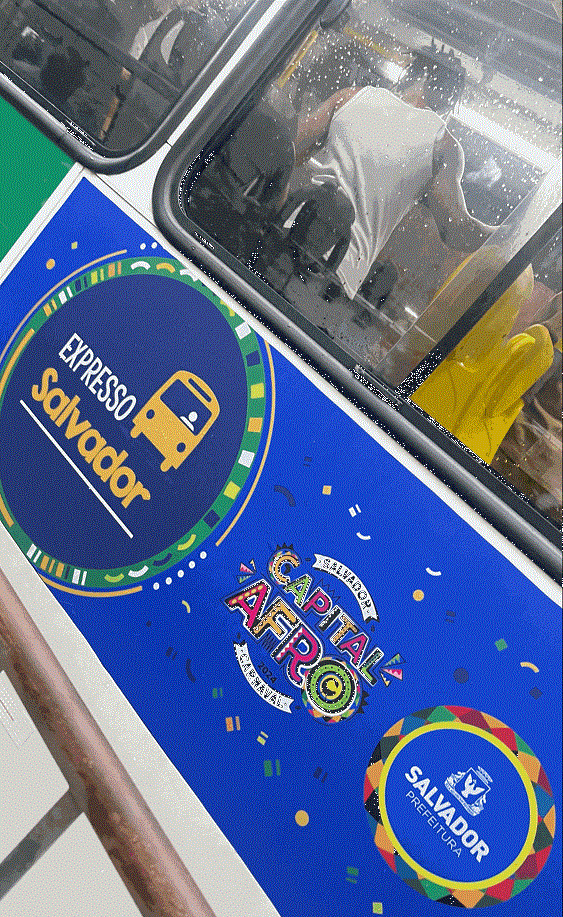Celebrated during the month of February, the Salvador de Bahia Carnival, known for its cultural importance and as the largest popular festival on the planet, stood out in a special way this year. For the first time in history, the event was subjected to an unprecedented study to evaluate greenhouse gas emissions.
The inventory analyzed the movement of the mayor's fleet of vehicles, electric trios, mini trios, energy generators used in the scenarios, chemical toilets and containers, which allowed the recognition and quantification of the sources of emissions for their subsequent neutralization.
Other activities also promoted sustainability through joint efforts of the mayor's office and the state government. Some of the sustainable initiatives implemented included:
Waste reduction: Strategies were implemented to reduce waste generation during carnival events, such as the distribution of reusable materials, encouraging the conscious use of disposables and the implementation of selective collection and recycling systems.
Use of clean energy: Measures were taken to promote the use of clean, renewable energy during Carnival, including the use of solar and wind energy to power equipment and temporary structures, such as stages and lighting.
Sustainable transportation: Sustainable means of transportation, such as public transportation and the use of bicycles, were encouraged to reduce greenhouse gas emissions associated with the movement of the foliões during the Carnival.
Environmental awareness: Environmental awareness campaigns were carried out to educate employees about the importance of environmental preservation and encourage sustainable practices, such as reducing water and energy consumption and proper waste disposal.
Alliances with companies and organizations: The mayor's office and the state government established alliances with local companies and organizations to promote sustainable practices during the Carnival, encouraging the adoption of environmentally responsible measures by the event's suppliers and service providers.
The Brazilian Carnival is characterized by a series of cultural assets that are protected by the Institute of National Historical and Artistic Heritage (IPHAN) of Brazil. The IPHAN is a government institution responsible for the preservation of the country's cultural heritage, and the Carnival, being one of the most important and popular cultural manifestations in the country, has various elements protected by this institution.

Foto: Tirzah Rezende. Referencias: Gobierno de Bahía / Alcaldía de Salvador



